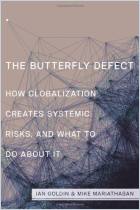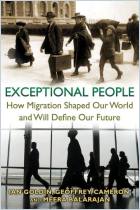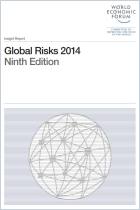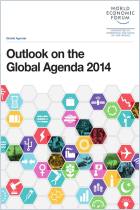
Recommendation
Citizens, governments, institutions and corporations face enormous worldwide problems. Scholar and author Ian Goldin details the threats spawned by increasing connectivity and globalization while shedding more light than hope about them. The threats he mentions include pandemics, climate change, financial meltdown, cybercrime and migration pressures. Goldin explains why the international institutions created to solve 20th-century problems have become inadequate, and he advocates more radical thinking. Unsurprisingly, outlining these hazards proves easier than finding viable solutions; world governance is not subject to overnight reform. Goldin pins his hopes on streamlined, collective decision making and on bringing those who cause problems together with those who suffer from them. He urges society to confront these issues now, but feels that the world may need another major catastrophe to inspire lasting solutions. getAbstract recommends his lucid warnings to governments, policy makers, economic leaders, NGOs, futurists and concerned citizens.
Summary
About the Author
Ian Goldin, director of Oxford University’s Oxford Martin School, has worked at international organizations and also wrote Globalization For Development and Exceptional People.

















Comment on this summary or Démarrer une discussion